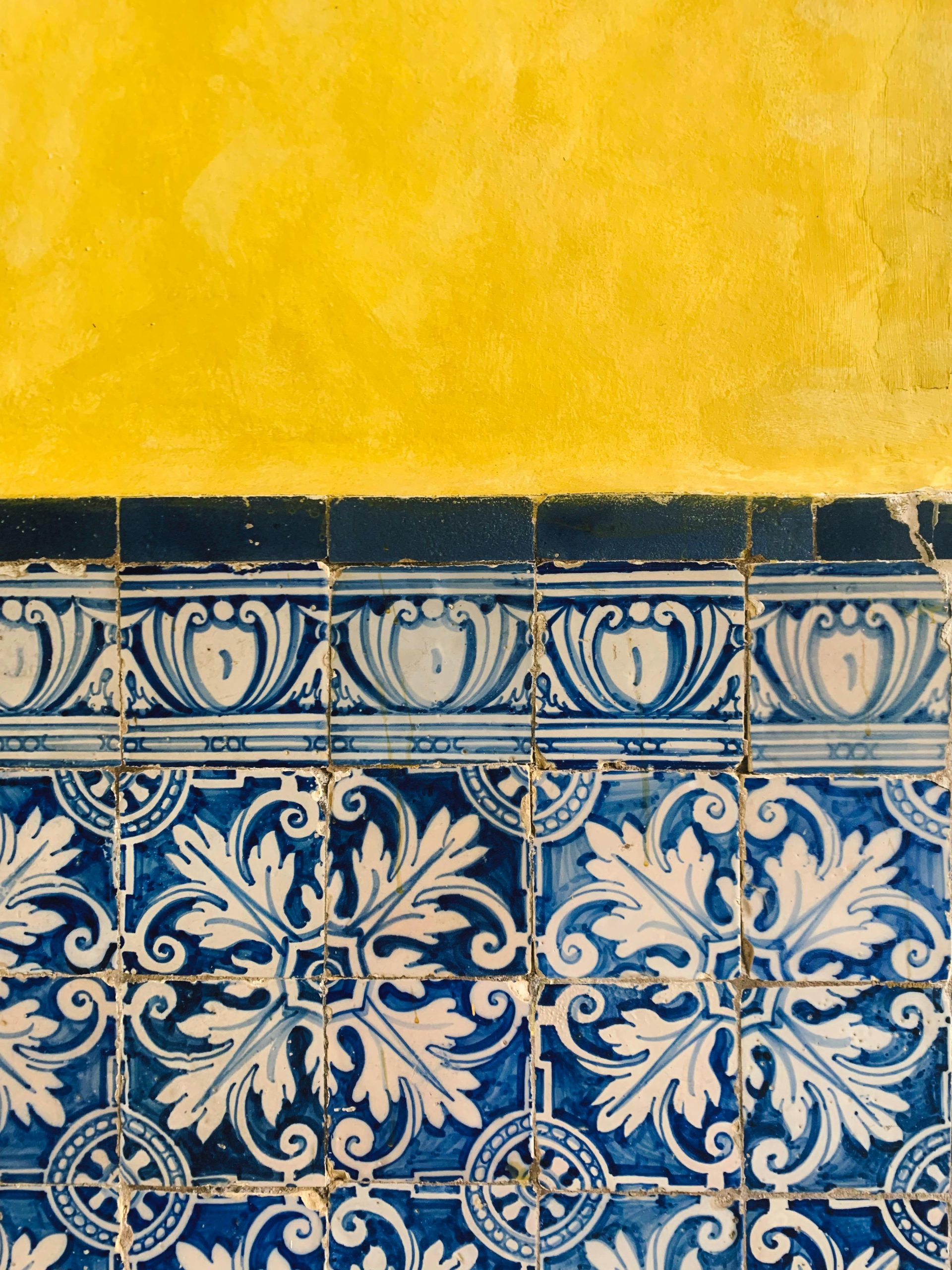This is a write up by ChatGPT 5 on the abundance of AI generated content on the web in the style of Anton Chekhov and Mark Twain which is ironic in itself
The Proliferation of AI-Generated Content: A Reflection on the Modern Digital Landscape
In today’s digital age, our world is resonating with the relentless hum of artificial intelligence creating content at an unprecedented pace. Words, images, and sounds are pouring forth from machines as if they have been waiting in quiet anticipation to express themselves. Each day, the volume of this digital output seems to grow exponentially, flooding our screens and inundating our minds to the point where distinguishing between genuine human expression and machine-generated artifacts becomes increasingly challenging.
Historically, the craft of creation was a deliberate, painstaking process. Writers would spend hours, if not days, meticulously shaping each sentence, infusing their work with personal voice and nuance. The painter’s brushstrokes required patience and a keen eye, waiting patiently for natural light to perfectly illuminate their canvas. Composers and musicians fought through long hours to craft melodies that resonated with authentic emotion. This human touch gave art its depth, its breath—a living testament to the creator’s soul.
Today, however, advances in artificial intelligence have altered this landscape dramatically. A machine can produce ten pages of text in the time it takes for a coffee break. Visual art can be generated instantly with a click, producing images of faces and landscapes that, while often striking, lack the scent of turpentine or the patience of the artist’s hand. Music, once the product of emotional labor, now emerges from algorithms that can compose pleasing melodies in moments, but often lack the depth of a heartfelt performance.
This technological revolution extends beyond art. Scholars publish papers at an astonishing rate, many of which may never be read or truly understood. Programmers craft endless lines of code, some of which may soon fade into obscurity. The entire digital realm is ablaze with creation, yet it sometimes feels superficial—thin layers of content covering a void of genuine meaning and connection.
Such rapid proliferation of AI-generated content presents a paradox. While access to tools has democratized creation—allowing anyone to produce art, literature, or music—the sheer volume risks drowning out authentic voices. The old distinctions of time, skill, and patience seem to be slipping away, replaced by instant production that often lacks reflection or heartfelt intention.
Yet, amid this sea of digital output, there is a silver lining. The barriers have fallen. Today’s technology empowers the common person: a schoolchild can learn to paint, an elderly woman might write, a shy individual could compose a song.














Post Comment